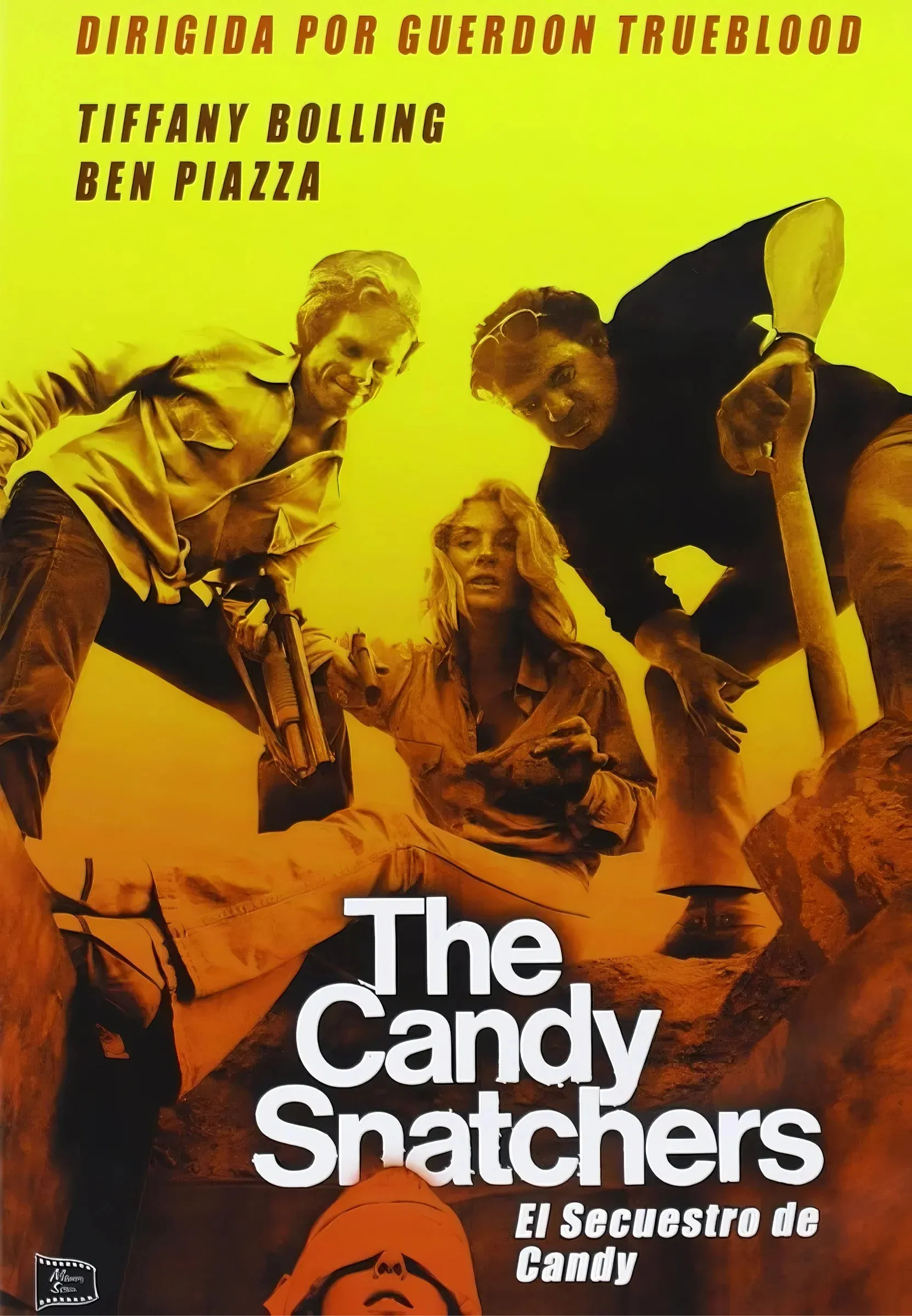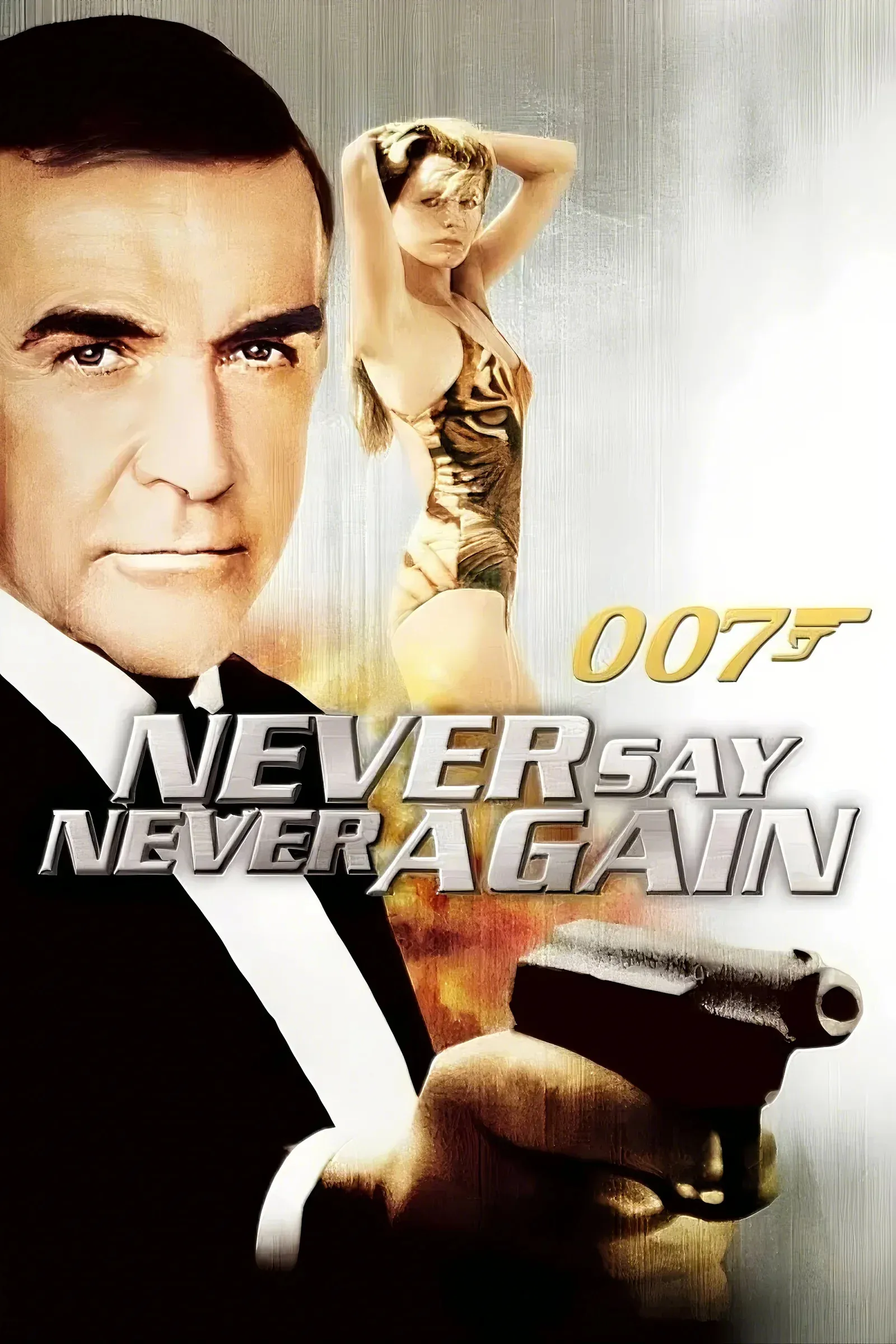The Candy Snatchers (1973) is a relentlessly grim and nihilistic crime thriller that stands out in the exploitation genre for its disturbing realism and unflinching cruelty. Directed by Guerdon Trueblood, the film presents a kidnapping plot gone terribly wrong, populated by characters who are as inept as they are morally bankrupt. Unlike many crime films that glorify the intelligence or skill of criminals, The Candy Snatchers paints its kidnappers as desperate, dysfunctional, and ultimately doomed.
Plot Summary
The story follows three small-time criminals—Eddie (Vince Martorano), his girlfriend Jessie (Tiffany Bolling), and their unstable partner Alan (Brad David)—who devise what they believe is a foolproof plan: they kidnap 16-year-old Candy (Susan Sennett), the daughter of a wealthy jeweler, and hold her for ransom. Their method is especially cruel: they bury her alive in a shallow grave in the hills outside Los Angeles, leaving only a breathing tube to keep her alive, while they wait for her father to pay up.
However, their plan falls apart immediately. When they contact Candy’s father to demand the ransom, they are met with a shocking revelation—he refuses to pay. Rather than reacting with panic or sorrow, he coldly dismisses their demand, revealing that Candy is not actually his biological daughter and that he never wanted her in the first place. Instead of being desperate to save her, he sees this as an opportunity to be rid of her forever.

Now stuck with a hostage they cannot ransom, the kidnappers face an internal power struggle. Eddie, the leader, is a cold and ruthless manipulator, only interested in self-preservation. Jessie, the only woman in the group, is caught between her loyalty to Eddie and her growing sense of unease about their situation. Alan, the weakest link, is violent, mentally unstable, and prone to reckless outbursts that make him a liability. As the pressure mounts, their already fragile partnership begins to unravel, leading to betrayals, double-crosses, and brutal acts of violence.
A Subplot of Hopelessness
While Candy fights to survive, the film introduces a subplot that only deepens its bleak atmosphere. A mute, developmentally disabled boy named Sean (Christophe) discovers Candy’s buried location but is unable to communicate what he knows. Sean himself lives in an abusive home, where his neglectful and cruel parents mistreat him daily. His inability to save Candy, despite his desperate attempts, mirrors the film’s larger theme of helplessness in the face of cruelty.

Themes of Nihilism and Moral Decay
What sets The Candy Snatchers apart from other crime films is its unrelenting pessimism. There are no heroes here—only victims, abusers, and opportunists. The film critiques greed, self-interest, and the failure of human decency at every turn. Even Candy’s father, who should have been the one person willing to save her, is revealed to be the most monstrous character in the story. Jessie, initially the most sympathetic of the criminals, proves to be just as self-serving as the others when survival is on the line.
The film’s low-budget, gritty cinematography enhances this sense of hopelessness, creating a world where morality is an illusion and violence is inevitable. Unlike mainstream thrillers where the bad guys get their comeuppance or the innocent find salvation, The Candy Snatchers offers no such comforts.

Tiffany Bolling’s Performance and the Role of Jessie
Tiffany Bolling delivers the film’s standout performance as Jessie, a character who is both predator and prey. She is introduced as Eddie’s lover and accomplice, but as the situation spirals out of control, she finds herself increasingly questioning their actions. She wavers between manipulation and genuine remorse, caught between her dependence on Eddie and her survival instincts. Her ultimate choices in the film’s final act cement her as one of the most complex figures in the story—sympathetic in moments, but just as complicit in the film’s unrelenting cycle of violence.
A Shocking and Unforgettable Ending
Without revealing too much, The Candy Snatchers delivers a climax that is as brutal as it is unexpected. Unlike conventional crime films where the villains are neatly punished or the innocent are saved at the last moment, this film refuses to offer any sense of justice or resolution. The final moments are cruel, ironic, and deeply unsettling, leaving viewers with a lingering sense of despair.

Legacy and Cult Status
Despite being overlooked upon its initial release, The Candy Snatchers has gained a reputation among cult film enthusiasts as one of the most uncompromising exploitation films of the 1970s. Its raw performances, unpredictable storytelling, and sheer bleakness set it apart from more mainstream thrillers of the era. The film’s willingness to explore the darkest aspects of human nature without any sense of redemption makes it a rare and unforgettable experience.
For fans of gritty, downbeat crime cinema, The Candy Snatchers is essential viewing. It may not be an easy watch, but its impact is undeniable.




